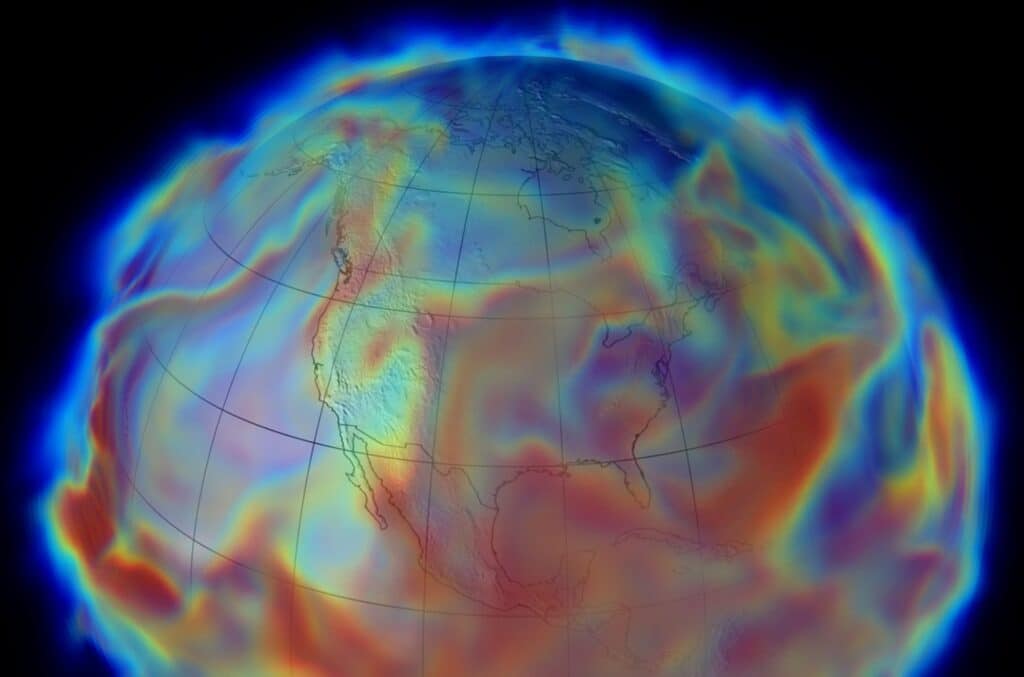A survey of American and British citizens to test the "cultural cognition thesis" as it relates to science communication and the impact of a geoengineering narrative on concern about climate change risks.
In order to understand the influence of cultural meanings on both science communication and public perceptions of risk, researchers from Yale Law School, the University of Oklahoma and George Washington University examined the affect that the concept of geoengineering has on the climate change debate.
Key takeaways from the study:
-
Members of the public don't dismiss scientific evidence of climate change because they don't have enough information. Resistance and skepticm arrise because the issue has been suffused with cultural and political connotations that threatens a particular worldview.
-
Since climate change is a culturally polarized issue, efforts to communicate scientific information about risks or emission reductions often causes individuals to react to the information in a way that protects their identity (such as political affiliation) and in turn, incites conflict around the issue.
-
A common fear in the climate community is that geoengineering messaging will reduce the public's concern about climate change and their motivation to reduce emissions.
-
While the study does not take a position on geoengineering as a response to climate change, researchers found that a geoengineering narrative can reduce political polarization. Exposure to information about geoengineering moved the conversation about whether climate change exists, to a conversation about solutions and human ingenuity.
-
Awareness of geoengineering as a potential solution to climate change defused polarization about scientific evidence and increased concern about climate risks.
-
Science communication should present the full range of potential responses to climate change in order to shift the narrative toward solutions.
Photo via (cc) Flickr user NASA Goddard Space Flight Center


